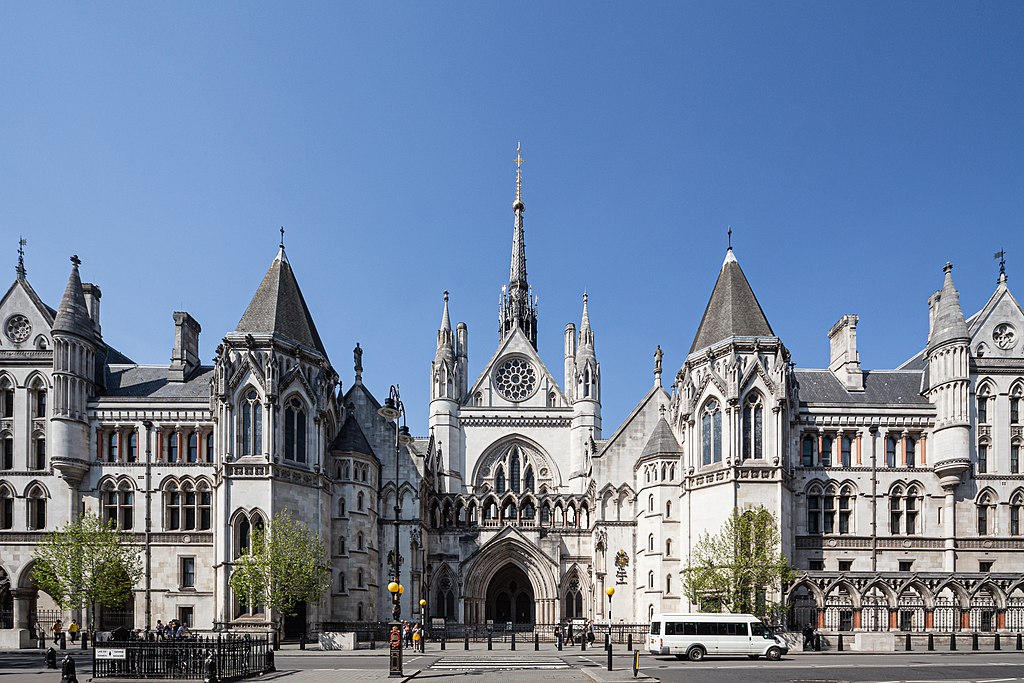
Genocide: Over 30 years later, survivors still await justice from UK
From The New Times, 6th March 2025
The deportation this week of a one Ahmed Napoleon Mbonyunkiza from the United States for his role in the 1994 Genocide against the Tutsi is a welcome step towards justice despite the long time it has taken for him to answer for his crimes.
Mbonyunkiza was deported to Rwanda from the US after it emerged that he played a role in the Genocide in which over a million innocent lives. He was first convicted by US courts of sexual assault, a crime for which he served 15 years in prison.
Upon his release, he was deported over a previous conviction by Rwanda’s Gacaca court in Nyakabanda Sector, Nyarugenge District, which tried him in absentia and convicted him for the maximum life sentence for having masterminded the massacre of Tutsi in Kigali.
At least seven fugitives have been received from the United States since 2005, according to the National Public Prosecutions Authority.
This move underscores the unwavering pursuit of accountability for those who perpetrated these heinous crimes. However, it also highlights the troubling reality that many genocidaires continue to find safe haven in countries across the globe, evading justice for far too long.
For decades, Rwanda has tirelessly sought the extradition or prosecution of individuals responsible for the genocide. While some progress has been made, too many perpetrators remain at large, living freely in different countries especially in the Western world.
This not only denies justice to the victims and survivors but also perpetuates a climate of impunity that undermines international efforts to prevent future atrocities.
Countries, especially those with robust legal systems and an alleged commitment to human rights, have a moral and legal obligation to address this issue. The United Kingdom, in particular, must feel ashamed for being a haven for mass murderers.
There is not a single fugitive that has been either been extradited or locally tried by UK courts for the role in the Genocide, not because these fugitives are not there, but rather the lack of will to try them.
A case in point is the long-overdue case involving five Rwandans who were ringleaders who orchestrated killings of tens of thousands, especially in southern Rwanda where at least three of them were leaders.
For close to 20 years, the UK has only fronted excuses for lack of action towards these men, whose indictments were dully process and submitted to British justice system.
The passage of time does not diminish the gravity of the crimes committed. Survivors continue to live with the profound trauma of the Genocide, and the pursuit of justice remains crucial for healing and reconciliation. Harboring genocidaires is not an act of compassion; it is a betrayal of the victims and a failure to uphold the fundamental principles of international law.
The deportation of Mbonyunkiza should serve as a renewed call to action. It is time for countries to prioritise the pursuit of justice and demonstrate their commitment to ensuring that those responsible for the Genocide against the Tutsi are held accountable.
There can be no safe haven for genocidaires, especially in countries that claim to be the so-called custodians of human rights like the United Kingdom.
